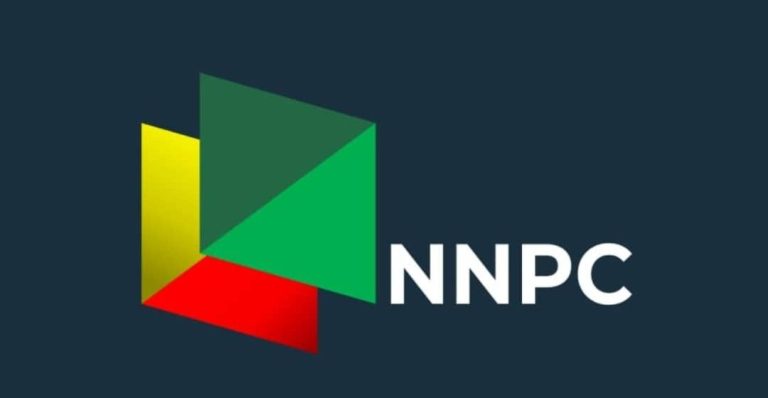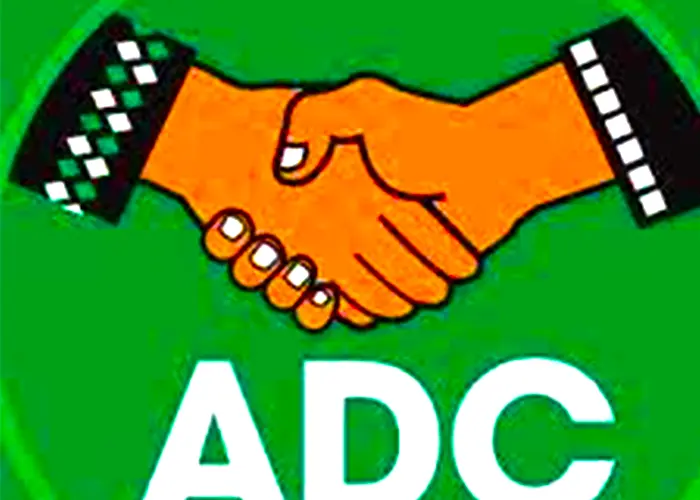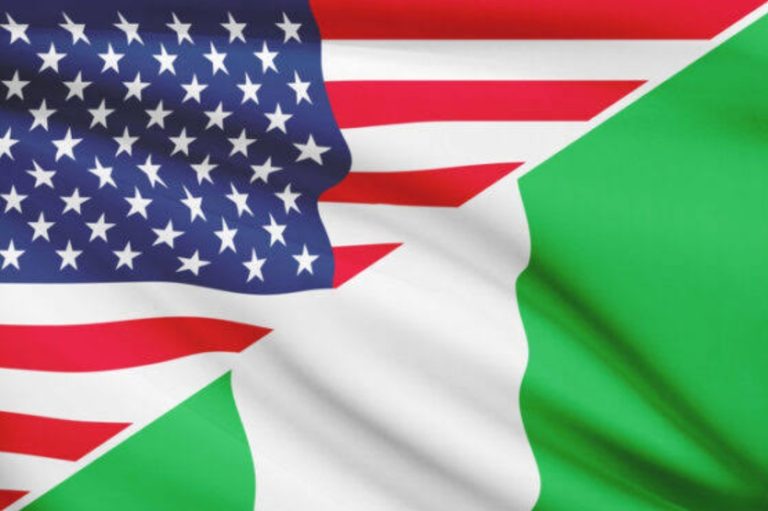
“GAME-CHANGER IN WEST AFRICA: DANGOTE REFINERY AND LOMÉ HUB REDEFINE FUEL MARKET”-MEMAN, S&P GLOBAL

GREATRIBUNETVNEWS–The Dangote Refinery and Lomé hub are revolutionizing West Africa’s fuel market, according to industry experts at a virtual webinar hosted by the Major Energy Marketers Association of Nigeria (MEMAN) and S&P Global Commodity Insights.
The event, themed “West Africa Fuels Landscape: Market Fundamentals and Geopolitical Drivers highlighted the significant impact of new refining capacity, shifting trade flows, and changing global market dynamics on the region’s downstream petroleum sector.
Key Takeaways:
– Structural Transformation: The Dangote Refinery’s commissioning has altered supply fundamentals, driving a structural transformation in West Africa’s fuel market.
– New Pricing Benchmarks:The emergence of the Lomé hub and new Platts regional price assessments are redefining the region’s refined products landscape.
– Industry Insights: Experts emphasized the need for transparency, benchmarking, and coordinated stakeholder engagement in the wake of Nigeria’s transition to full fuel price deregulation .
Market Implications:
– Increased Self-Sufficiency: The Dangote Refinery is poised to enhance West Africa’s energy security by reducing reliance on imported fuels.
– Shifting Trade Flows: The refinery’s output is expected to impact regional trade dynamics, with potential implications for neighboring countries.
The webinar provided a platform for industry leaders and analysts to examine the evolving fuel market landscape in West Africa, highlighting the importance of adaptability and strategic planning in response to changing market fundamentals and geopolitical drivers.
MEMAN Chairman, Mr. Huub Stokman, in his opening remarks, described the meeting as timely following Nigeria’s transition to full fuel price deregulation.
Gary Clark, Associate Editorial Director for EMEA Clean Refined Products at S&P Global Commodity Insights, noted that while European demand for fuels has weakened due to inflation and slower growth, geopolitical disruptions — including the Russia-Ukraine conflict and Middle East tensions — continue to affect global supply.
Clark announced new Platts assessments designed to reflect regional trading dynamics, including a low-sulphur diesel FOB West Africa assessment (Lekki and Lagos basis) and a ship-to-ship diesel assessment for Togo and Lomé. “Dangote’s ramp-up has reshaped trade flows, retaining much gasoil in West Africa and exporting jet fuel internationally,” he said, while cautioning that outages and maintenance can quickly reintroduce volatility.
In a presentation titled “Demystifying the Lomé Petroleum Market”, Mrs. Ogechi Nkwoji, Head of Economic Intelligence, Research and Regulation at MEMAN, described Lomé as an indispensable offshore hub that evolved from onshore bottlenecks and declining refinery capacity.
Large cargoes are typically discharged into floating storage off Togo, from which smaller parcels of 5,000 to 20,000 tonnes are sold to regional buyers, chiefly Nigerian marketers. She noted that Lomé’s deep waters, security, flexible lot sizes and same-day trading capability have made it a reference point for price discovery and a vital buffer during disruptions.
Matthew Tracey-Cook, Senior Price Reporter for EMEA Gasoline & West Africa Refined Products at S&P Global, analysed gasoline trends, noting that European crack spreads have been softer compared with the post-COVID and Russia-Ukraine periods due to weaker exports to West Africa.
He highlighted how an outage at Dangote’s Fluid Catalytic Cracking (FCC) unit in August caused a sharp rally in gasoline cracks, which jumped from about $13 per barrel to above $17 per barrel. “This shows how critical Dangote’s operations have become for the Atlantic basin,” he explained.
S&P Global unveiled new assessments aimed at capturing real traded values. The FOB West Africa assessment covers 20,000 to 40,000-tonne cargoes from ports such as Lagos, while the STS Lomé assessment reflects smaller offshore trades feeding coastal distribution.
Tracey-Cook explained that benchmarking West African trades against swaps strips, rather than spot-to-spot differentials, reduces noise and better mirrors marginal trade dynamics. These innovations are expected to improve transparency and reliability in pricing.
Discussions showed that while Europe remains a major supplier into several West African markets, direct exports to Nigeria have declined. Instead, cargoes are increasingly routed through Lomé, where they are broken down into smaller parcels.
Alternative supply routes from the Middle East, the United States and India — often re-routed around the Suez Canal — have further altered the region’s supply structure. These experts agreed that while Dangote has reduced Nigeria’s direct import dependence, multiple sources remain necessary for resilience.
The session touched on sensitive issues including pump prices, smuggling, and the future of competing hubs. Experts stressed that while market supply costs are shaped by refining capacity and global dynamics, governments still influence retail prices through taxes and fiscal policies.
They noted that subsidy removal has reduced smuggling, while consistent refining output and diversified sourcing are critical to stability. Attracting downstream investment, they said, depends on transparent regulations, a level playing field, security, and investor confidence.
In his closing remarks, MEMAN’s CEO and Executive Secretary, Mr. Clement Isong, thanked participants and reaffirmed the association’s commitment to use its partnership with S&P Global to improve stakeholders engagement.
Key takeaways from the session were that Dangote’s commissioning has reshaped regional trade flows but not eliminated import dependence, that outages remain major price drivers, and that Lomé is consolidating its role as a flexible marginal hub.
The webinar also underscored the importance of policy stability, transparent regulation and market alternatives in attracting investment and ensuring downstream resilience across West Africa.






